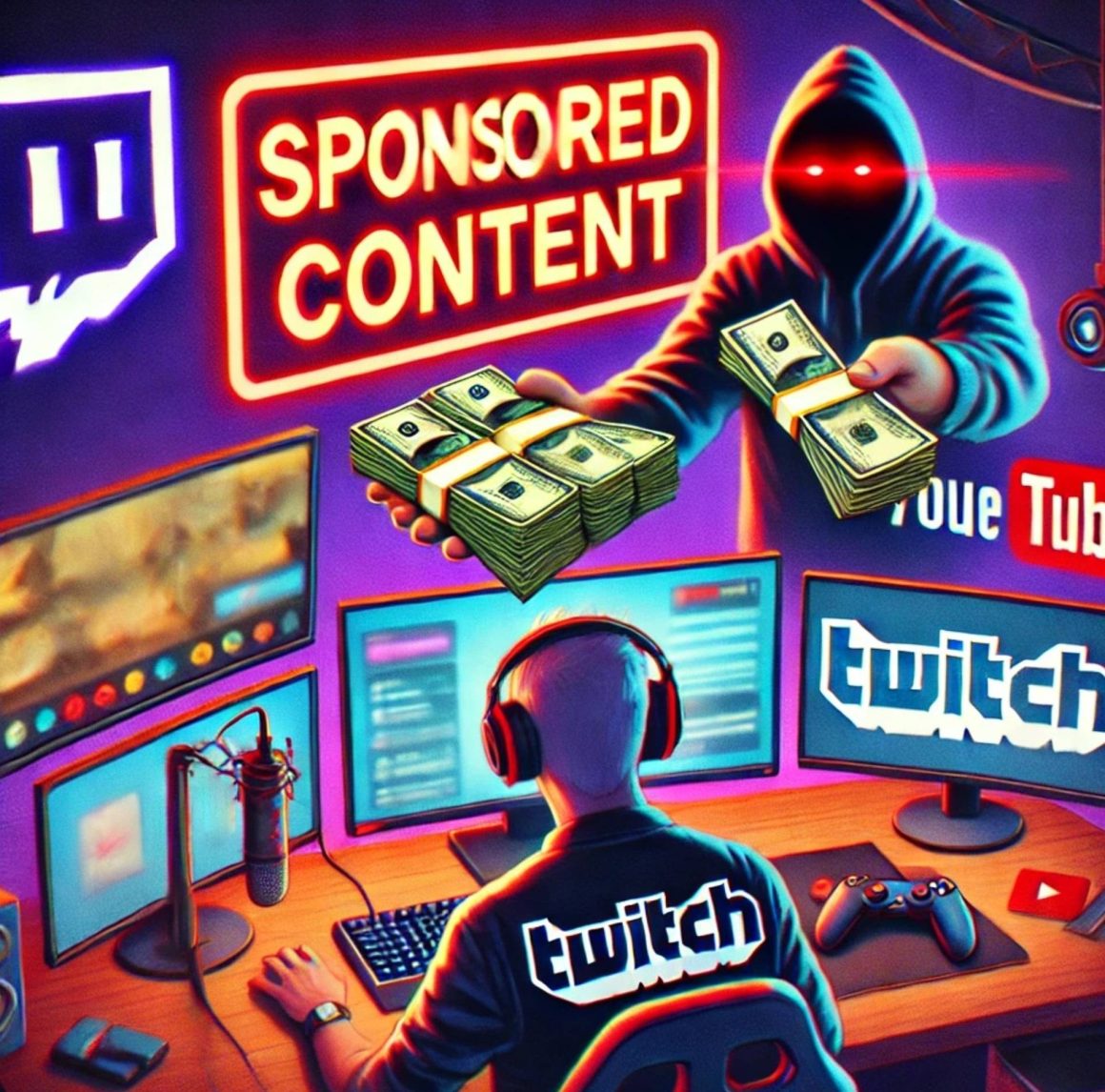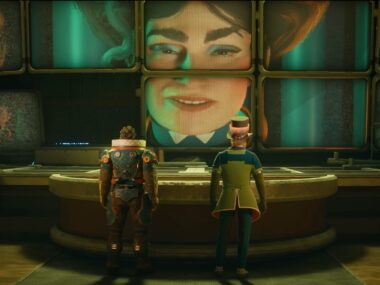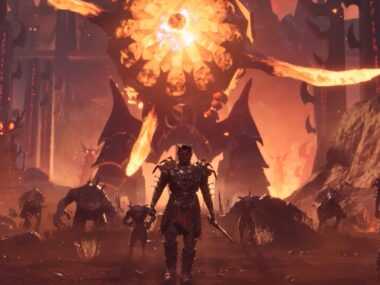A Long History, a Short Answer
I don’t watch Twitch as much as I once did. I was around in the JustinTV days, before the pivot to Twitch, so I’ve seen the evolution, and the decline, up close.
If I were pressed to answer, “Is Twitch good for gaming?” my answer would be: No. Not anymore.
That might sound harsh, but the deeper you look, the more you see a platform that’s drifted from celebrating games to exploiting them.
When Twitch Was About Games
Early Twitch felt like a LAN party with infinite chairs. Streamers played because they loved to share the experience. Viewers learned alongside them. How to master mechanics, understand storylines, or just appreciate design.
It was curiosity-driven, participatory, alive.
Now? Many streams feel like customer service chats. “Why is my GPU crashing?” “Is this game worth it?” The tone has changed from shared discovery to transactional exchange.
The Monetization Overload
What began as “support your favorite creator” turned into an ecosystem of constant extraction: subs, bits, hype trains, paid questions, sponsor deals, in-game item tie-ins, and endless ads.
Gaming used to be the reason to tune in. Now, it’s the backdrop for monetization. When the incentive structure favors attention and spending over play and insight, the culture around gaming corrodes. Streamers turn every game into a grind for income. Viewers are treated less like fellow gamers and more like walking wallets.
How This Hurts Gaming
This shift doesn’t just make Twitch annoying. It reshapes gaming itself.
- Developers design around streamers, not players. Games now include Twitch integrations or streamer-specific items, prioritizing virality over balance. Or the ultra insult: pay a streamer money to get a digital item in game. That you don’t own.
- Parasocial pressure distorts perception. Viewers form attachments that blur entertainment and endorsement, driving sales based on emotion, not substance.
- Metrics replace authenticity. Viewbotting and passive “watch for rewards” mechanics inflate engagement while hollowing out discussion and discovery.
Twitch was once where games earned respect through play. Now, games are props in a marketing performance.
Amazon’s Calculated Indifference
Twitch may not be profitable, but it’s useful to Amazon. It keeps a young, tech-savvy audience inside the Amazon ecosystem; it serves as a testing ground for ads and live commerce; it powers AWS infrastructure.
That’s why Amazon keeps it alive despite shrinking viewership and increasing toxicity. Twitch isn’t being run for gamers. It’s being run as a strategic lab for Amazon’s experiments.
The result: a platform that survives financially by hollowing out its original purpose.
Can Twitch Recover Its Soul?
It could, but probably won’t. To become good for gaming again, Twitch would need to:
- Prioritize genuine gameplay discovery and community learning.
- Reduce commercial clutter and make watch-time matter more than money spent.
- Apply moderation and transparency equally, even to top earners.
That would mean less short-term profit and upsetting the biggest streamers. Amazon has little incentive to take that risk.
What Gamers Can Do
Twitch still hosts passionate communities and real talent. The overall ecosystem rewards spectacle, not substance.
If you care about games as art and shared experience, diversify. Support creators who actually play instead of perform. Explore smaller platforms where discovery still matters.
When streaming becomes about everything but gaming, the games, and the players, lose.






